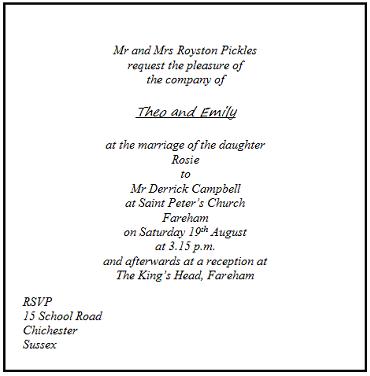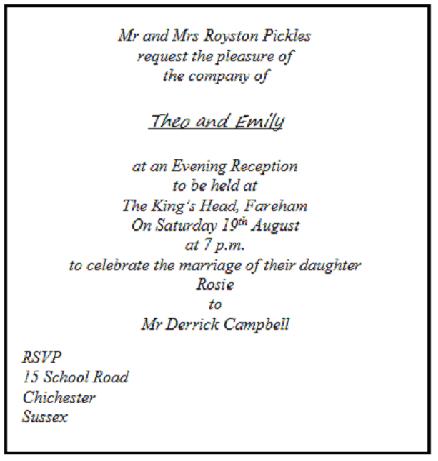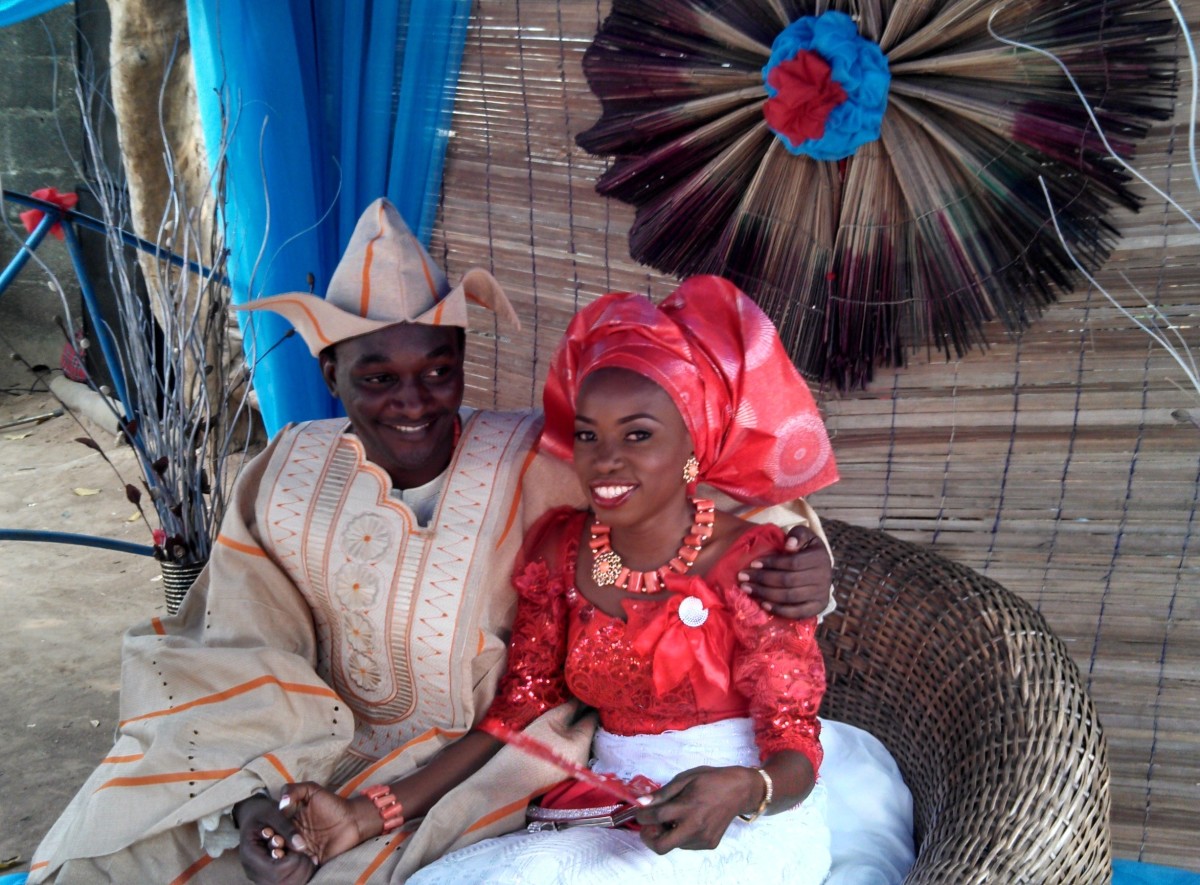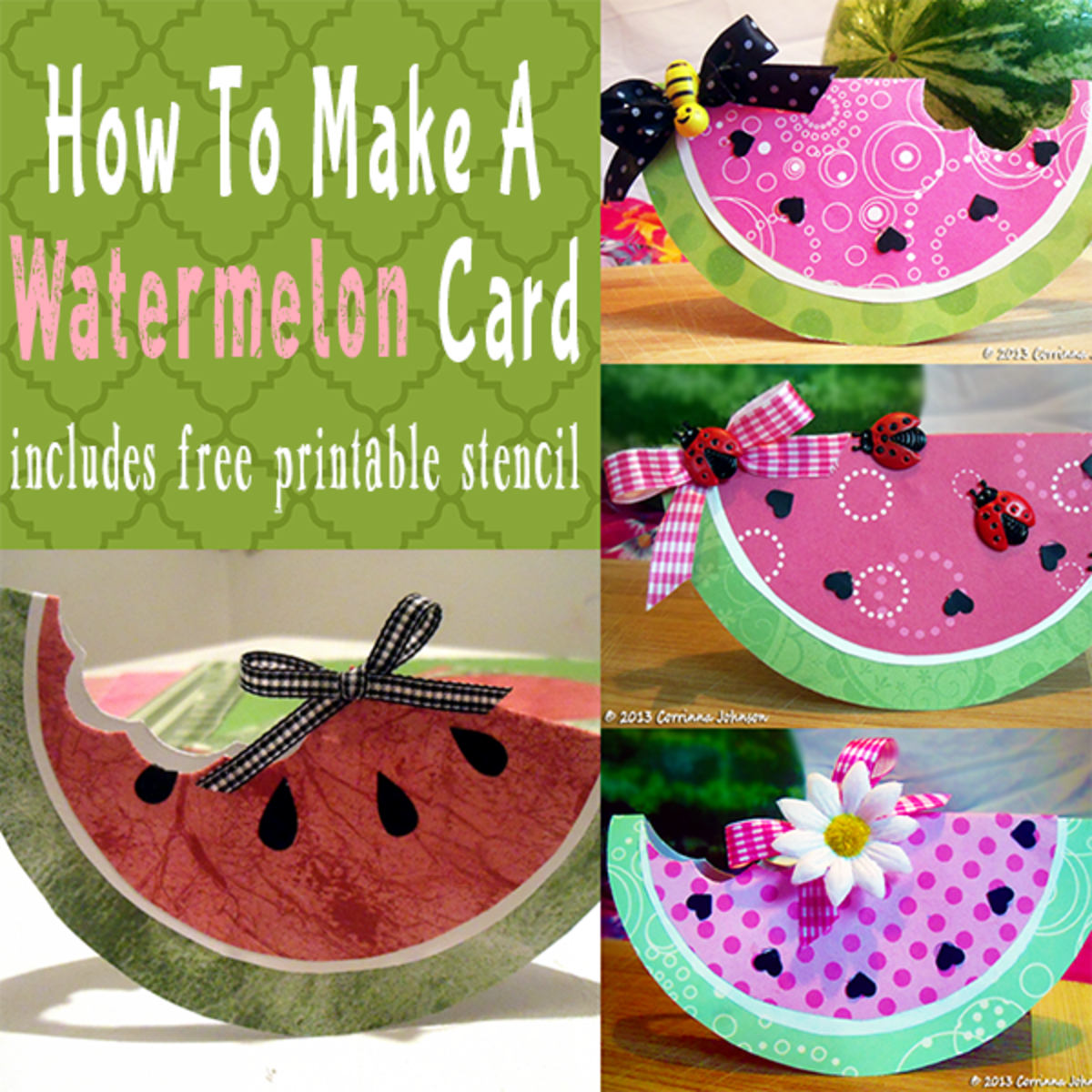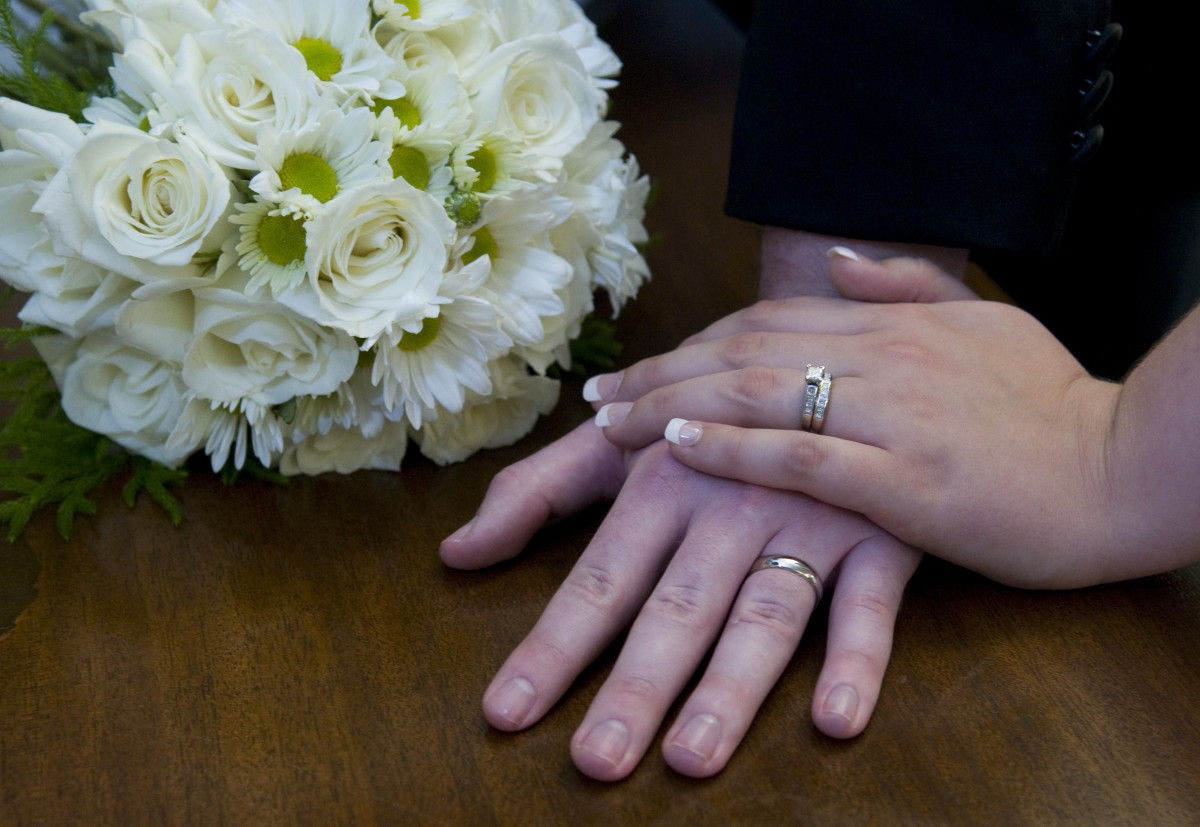Wedding Invitation Etiquette Guide
Your wedding should be the happiest day of your life but getting it right can be pretty stressful. Ideally the preparations for the big day should be every bit as enjoyable but this isn’t always the case, especially when it comes to who to invite and how.
Wedding invitation etiquette can be daunting, but with these tips you should be able to plan and carry out the process without any hiccups.
Sending the Wedding Invitations
Traditionally, the bride’s parents are considered the hosts
of the happy occasion. Therefore, they would be expected to send out the
wedding invitations. The situation today is more complicated. Increasingly, the
bridge and groom are taking direct responsibility for their big day, and
therefore it is becoming more common for the couple to send the invitations
directly. Please note, however, that if you are relying heavily on the
financial or logistical help of your parents, then the respectful thing is to
allow them the small pleasure of sending the invitations.
If there are people who you would like to inform about the
marriage, but cannot invite them for any reason, then it is best to send personalized
letters to let them know the news. Also,
for very close relatives and friends, try to ensure that the wedding invitation
will not be the first they hear of your plan to marry.
Invitations should be sent around two months before the
wedding, although six weeks is also acceptable. This gives potential guests the
chance to organize time off work and make travel plans. If your wedding is
during the busy summer season, it also makes it more likely that your
invitation will be received first!
While some guests will need more notice than others (for
example, if they live abroad or struggle to obtain time off work), it is nevertheless
better to send all invitations at the same time. Otherwise you could give the
unfortunate impression that you sent another batch of invitations to your
‘second choice’ guests after some of the first declined your invitations.
The guest list is often drawn up by the bride and her
mother, but consultation is required with the groom and his family. It is also
common for the bride and groom to produce a list together. It is polite and
customary for the minister to be invited to the reception.
Preparing the Invitations
There is no standard wording for wedding invitations, and
they can be addressed in a number of ways; the level of formality should depend
on your relationship with the invitees or the tone of your wedding. In
decreasing levels of formality, you can choose ‘Mr and Mrs Daniel Brown,’ ‘Daniel
and Emma Brown’ or just ‘Dan and Emma.’ If the bride’s parents are composing
and sending the invitations, then usually the bride’s surname is omitted.
Detailed information about the addressing of envelopes can
be found here.
As a rule, avoid using any abbreviations in the text of your
invitations. However, it is acceptable to abbreviate the date (e.g. 26th
May 2010) if you think it looks better. Middle names can be included but
initials look a little out of place. Be consistent with your use of American or
British English, for example in words such as ‘honor/honour’ and ‘favor/favour’
and – most importantly – triple-check for spelling and grammatical errors!
While you should feel at liberty to choose your words
according to your own preferences, there are some guidelines you should know
about. For example, invitations to religious ceremonies generally opt for ‘request
the honor of your presence’ while non-religious wedding invitations should read,
‘request the pleasure of your company.’
If you have a short guest list and beautiful handwriting
then you do not need to have the invitations professionally printed. You can
buy kits to print invitations from your home PC but be honest with yourself
about the quality of the results. If you are planning to write the invitations
by hand, then buy some good quality paper. 80gsm copier paper does not count!
Those who are invited to the reception only should be sent
separate invitations. Some tried and tested sample invitations are shown below:
Etiquette for Responding to Wedding Invitations
If you receive a wedding invitation, reply promptly.
Preferably, do so within a week. Traditionally, replies are written formally in
the third person. For example, you can write something along the lines of ‘Mr
and Mrs John Jackman thank Mr and Mrs Royston Pickles for their kind invitation
to their daughter’s wedding and will be most delighted to attend.’ However,
this flourish is by no means necessary. An informal note is almost always
sufficient. The important thing is that the reply is sent quickly and that the
response is unambiguous.
If you cannot attend, then apologize sincerely and still send a wedding gift to the bride and groom to be. Under almost no circumstances is it acceptable to accept the invitation and then change your mind later.
